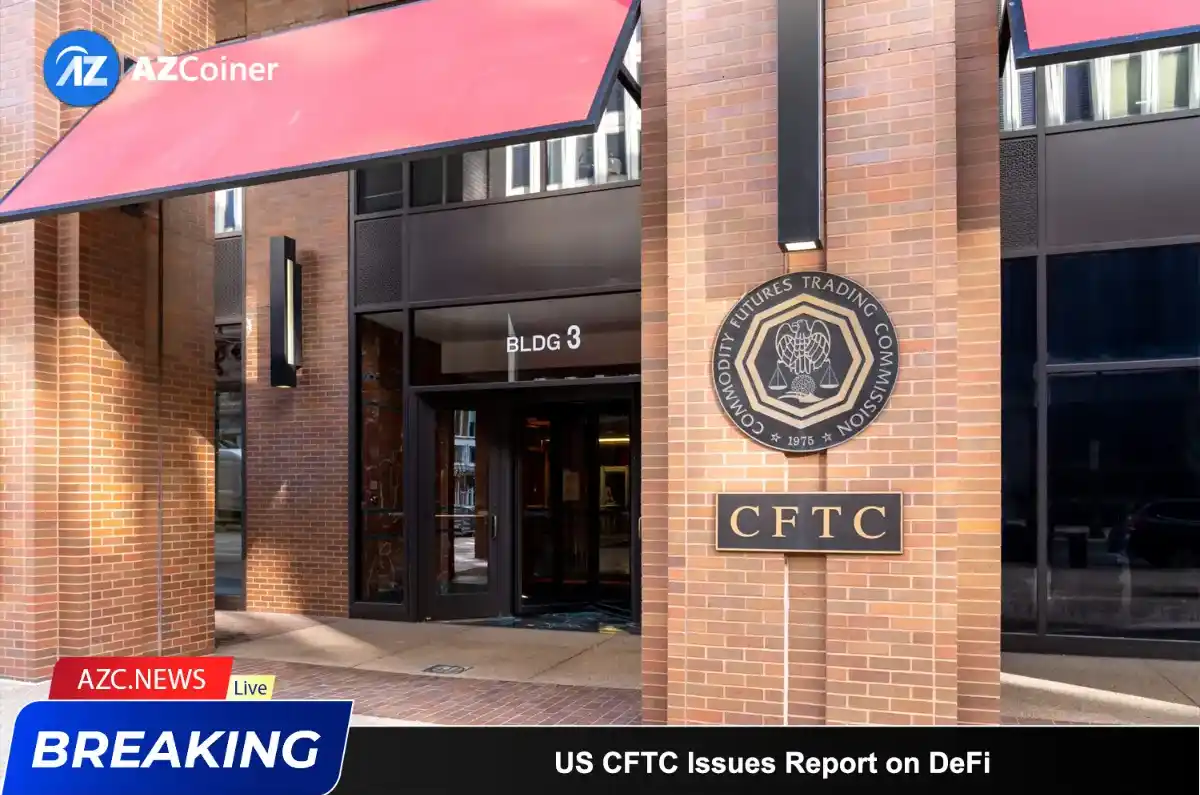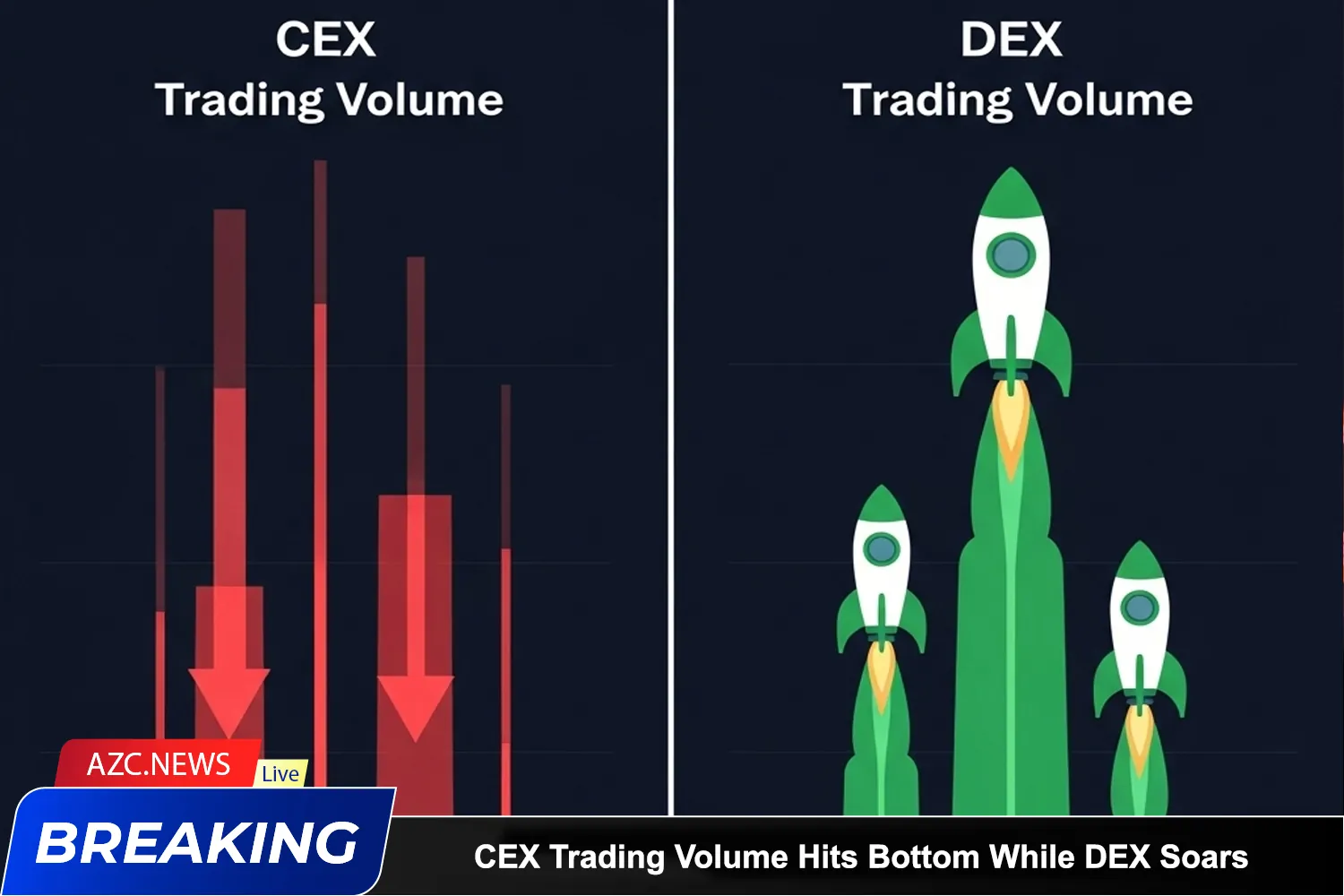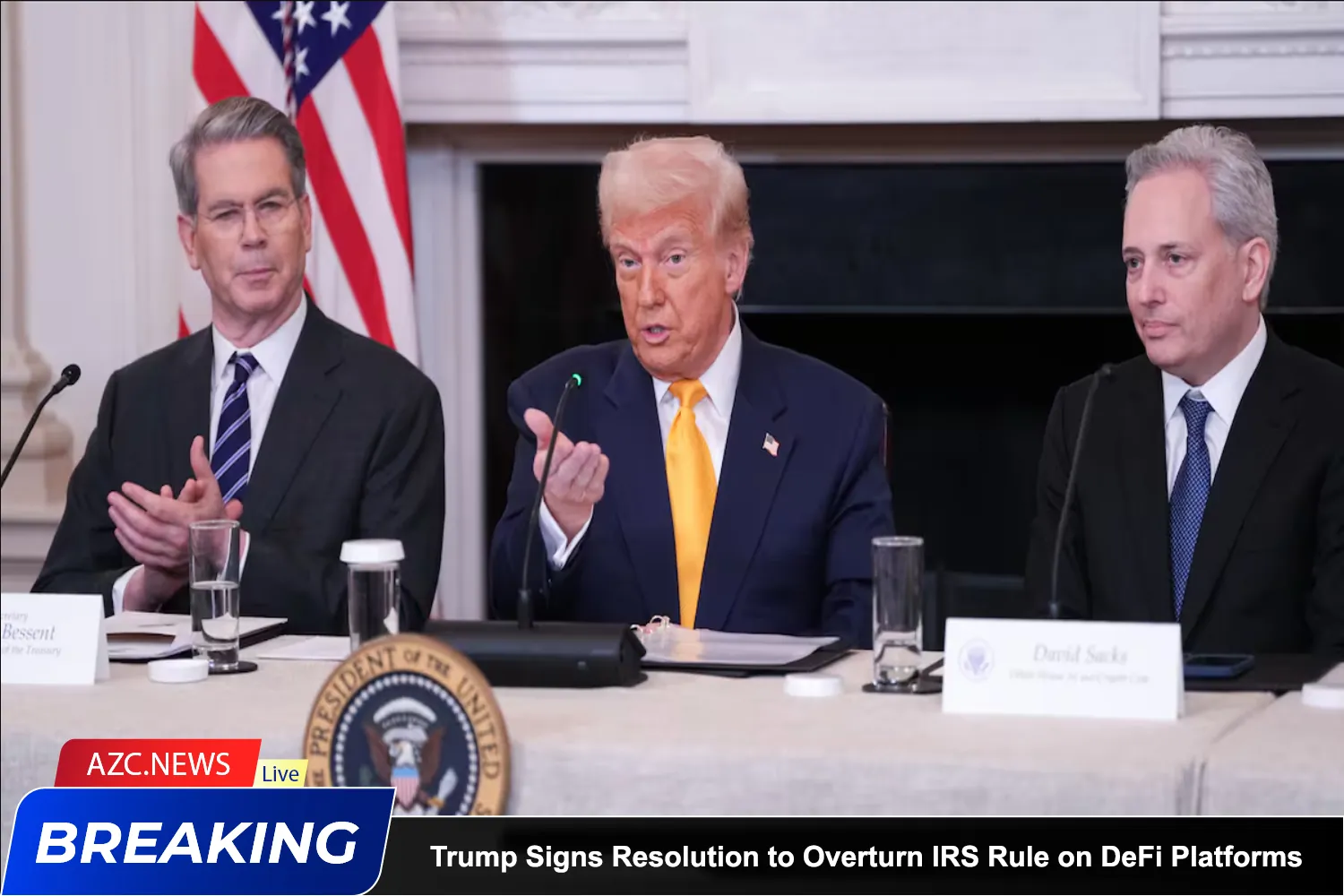The Commodity Futures Trading Commission’s (CFTC) Digital Assets and Blockchain Technology Subcommittee has released an insightful report titled “Decentralized Finance,” sponsored by CFTC Commissioner Christy Goldsmith Romero. With the objective of illuminating the emerging challenges in the realm of digital assets, particularly within the decentralized finance (DeFi) sector, the report delves into the intricacies of DeFi systems.
CFTC Commissioner Romero underscores the need for a comprehensive examination of digital asset-related issues to forestall unintended adverse consequences. The report aims not only to inform ongoing policy dialogues within the U.S. Congress, state legislatures, and regulatory bodies but also to guide discussions within the CFTC.
Among the report’s key findings is the recognition that the advantages and risks associated with DeFi are closely linked to the specific design and features of individual systems. Noteworthy is the report’s emphasis on the fact that most DeFi systems exist on a spectrum, ranging from complete centralization to decentralization.
In a broader context, the report aligns with the Department of Treasury’s April release, which addressed illicit finance risks in DeFi and recommended increased collaboration between federal regulators and industry stakeholders. The CFTC’s latest report signifies the initiation of such collaboration, marking a substantial stride in tackling the challenges posed by the rapidly evolving DeFi landscape.
Report Raises Alarms Regarding AML/CFT Safeguards in DeFi Ecosystem
A primary concern highlighted in the report revolves around the absence of clear lines of responsibility and accountability within DeFi systems. This lack of clarity poses potential risks to consumers, investors, financial stability, market integrity, and the prevalence of illicit financial activities. The report underscores the urgency of collaborative efforts between government entities and industry stakeholders to deepen comprehension and tackle these concerns promptly.
Given the ongoing vulnerabilities of DeFi and its susceptibility to illicit activities, particularly due to the absence of Anti-Money Laundering/Combating the Financing of Terrorism (AML/CFT) protections, the report puts forth specific recommendations for action.
Policymakers are urged to adopt a comprehensive approach, scrutinizing the gathering of identity information in DeFi systems and identifying gaps in compliance and requirements, according to the CFTC. The report proposes an assessment of options for regulating and implementing requirements for the discoverability and verification of identity information across various layers of the DeFi ecosystem.
Related: Klaytn Welcomes Gold-Backed DeFi on Board
Furthermore, the CFTC report stresses the importance of a collaborative initiative between regulatory bodies and industry participants to enhance understanding of DeFi, its associated risks, and potential solutions. As DeFi remains a focal point for risks related to illicit finance, cyber hacks, and theft, policymakers must engage in an inclusive dialogue to address these challenges and cultivate a more secure and regulated DeFi environment.









